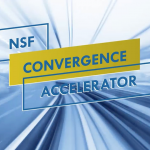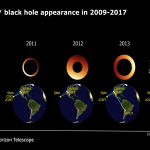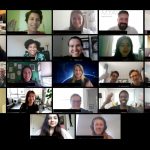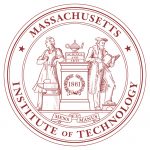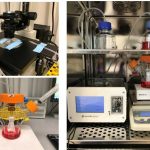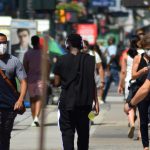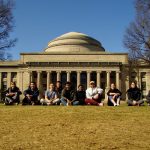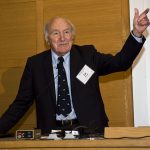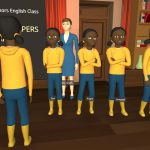National Science Foundation Convergence Accelerator awards two...
Two grants have been awarded to MIT researchers on the themes of socio-resilient infrastructure, and on the future of oceans. The grants are part of the U.S. National Science Foundation Convergence Accelerator program, designed to foster global cross-disciplinary and cross-sector workshops on emerging areas of critical societal importance. The NSF Convergence Accelerator program further aims to accelerate use-inspired, convergence research via partnerships between academic and non-academic stakeholders. Socio-resilient infrastructures The Socioresilient Infrastructure: Precision Materials, Assemblages, and Systems project is co-led by Christine Ortiz,...

